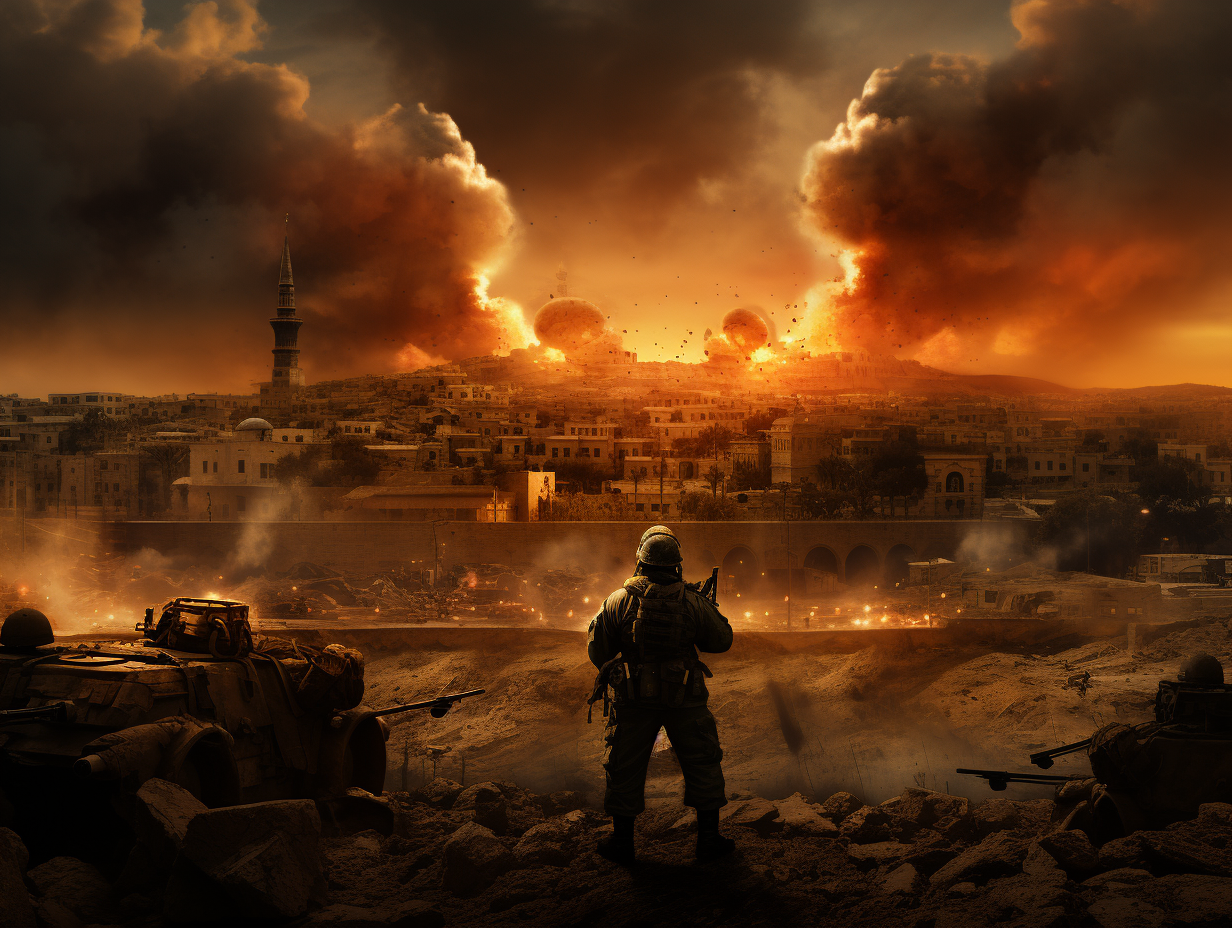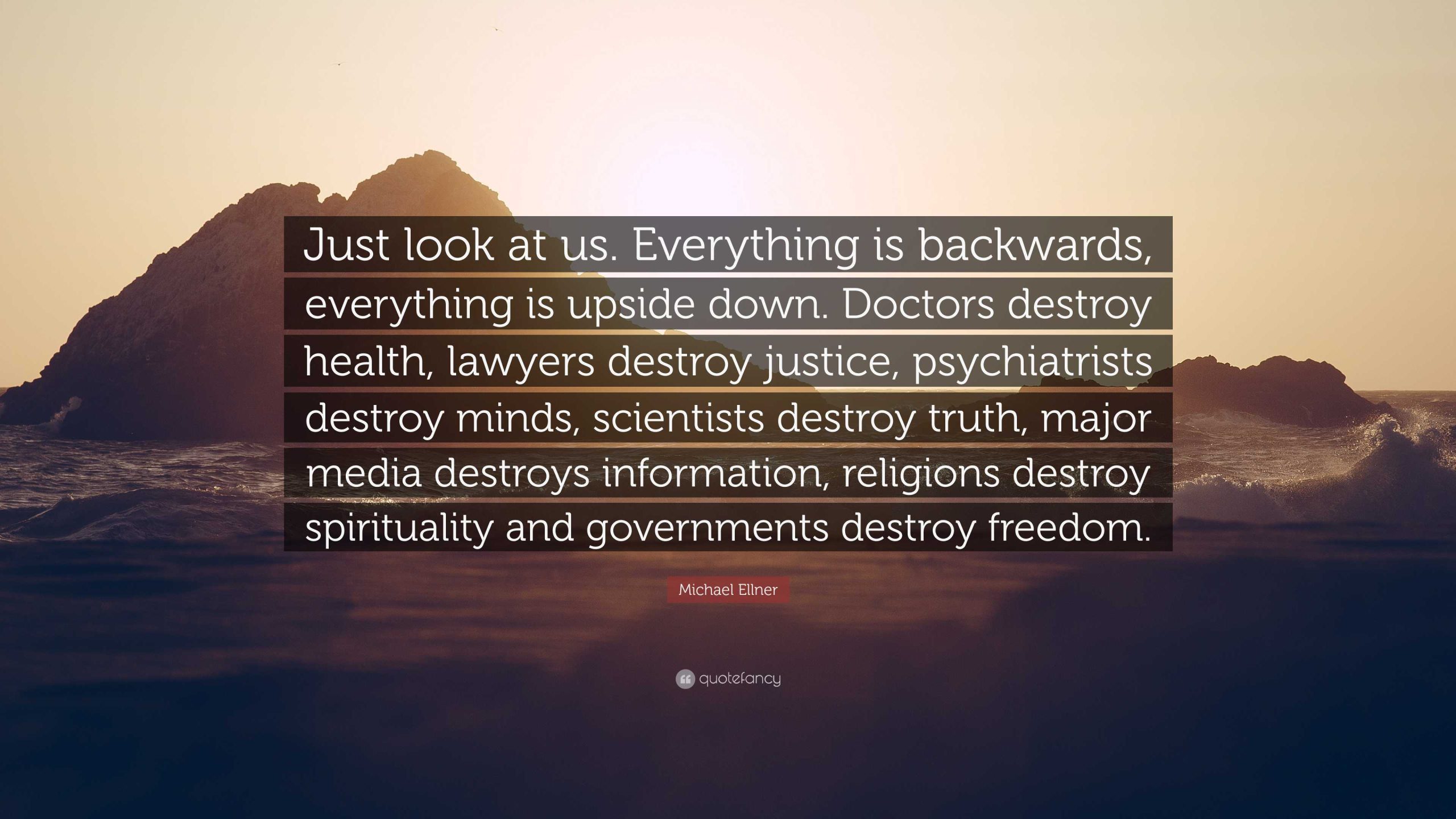The recent events in the Middle East have drawn the world’s attention to the Israel-Gaza conflict. This article delves into the multifaceted situation, examining the historical context, current developments, and potential consequences of the ongoing conflict.
The Gaza Situation: A War-Torn Landscape
Gaza, a densely populated strip of land, is currently facing a dire situation. In the aftermath of Hamas launching attacks inside Israel, large sections of Gaza have been severely affected. The devastation has been likened to the aftermath of World War II’s bombing of Dresden. Israel’s response to these attacks has involved razing entire neighborhoods through around-the-clock aerial bombardment, imposing a total siege on Gaza, which includes restrictions on food, water, electricity, and fuel, and preventing civilians from leaving the area.
Did Netanyahu order the Israeli military to STAND DOWN?
Civilian Casualties and War Crimes
Critics argue that Israel’s actions amount to war crimes, as the indiscriminate bombing of civilian neighborhoods and collective punishment of the population in Gaza raise ethical and legal concerns. The dire consequences for civilians, including women and children, are undeniable.
The Escalation and Israel’s Ground Operation
While Israel and Palestinians have been embroiled in a complex and long-standing conflict, the recent escalation has captured global attention due to its increased intensity. Israel’s ground operation, still pending at this point, adds another layer of complexity to the situation.
The Religious and Political Dimensions
Lindsey Graham’s statement about a “religious war” highlights the religious and political dimensions of this conflict. The entanglement of religious beliefs and political interests makes the situation even more intricate. It underscores the importance of understanding the nuances of the region’s politics and history.
Covidization and Information Warfare
An intriguing aspect of the current situation is the parallels drawn between the Israel-Gaza conflict and the global response to the COVID-19 pandemic. Just as COVID-19 information warfare has affected public perception, the Israel-Gaza conflict is subject to a vast information campaign. The narrative is often presented in black and white terms, lacking historical context, and dissenting opinions are met with accusations.
Questioning Mainstream Explanations
It’s essential to encourage critical thinking and questioning of mainstream narratives. Some experts suggest that the recent events are implausible, akin to the absurdity of some explanations surrounding 9/11. This viewpoint invites a deeper examination of the facts and a reevaluation of the mainstream narrative.
The Broader Implications
The Israel-Gaza conflict has far-reaching implications that extend beyond the immediate region. The question of “Is Iran next?” is a valid concern, especially when considering past geopolitical strategies such as the Project for the New American Century (PNAC). The plan, which aimed to reshape the Middle East, began with the invasion of Iraq and was followed by the destabilization of Syria, with Iran seemingly the ultimate target. The current conflict could be seen as a step in the realization of PNAC’s goals.
Conclusion
The Israel-Gaza conflict is a complex issue with deep-rooted historical, religious, and geopolitical aspects. Understanding the nuances and complexities of this conflict is crucial for informed dialogue and potential solutions. The recent escalation raises important questions about the future of the region and its broader implications for global stability.










